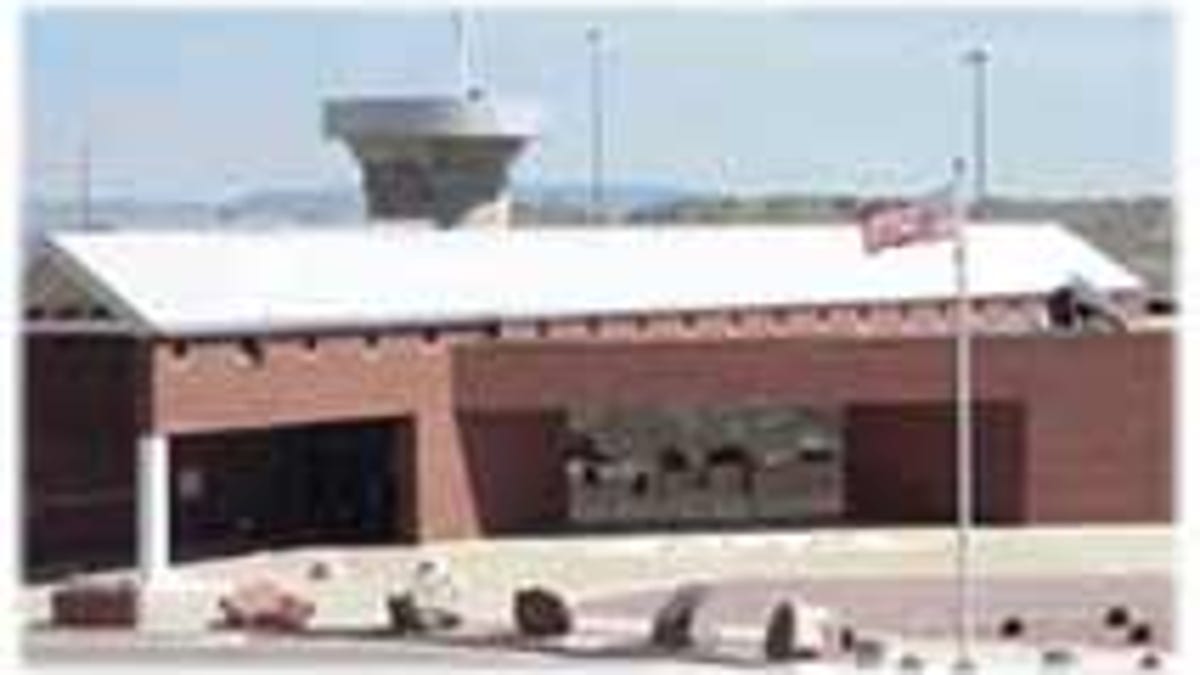A media blackhole in Colorado
For nearly six years all media requests to gain access to inmates at the super-maximum security ADX prison in Florence Colorado have been denied by the BOP.

According to Westword News, there have been exactly 100 media requests submitted to interview inmates at the ADX facility since 2002 and none of these requests have been granted. In 23 of the cases the interview was denied by the inmate; 18 were refused on the grounds that the prisoner is subject to "special administrative measures" including a ban on all media contact, and three of the requests weren't granted because the BOP decided the media outlet didn't meet the BOP's qualifications. The other 56 interview requests were denied for unspecified security concerns which, from my own experience, amounts to nothing more than a catch-all excuse.
As the article explains,
Without any access to the country's most important prison, reporters have been reduced to repackaging accounts from the inmates themselves. Eric Rudolph, for example, has been a prolific correspondent for publications ranging from Time magazine to the Colorado Springs Gazette, giving his own take on life inside "Bomber's Row" at ADX. But the view from lockdown can be quite limited, and prisoners can be punished if they write too freely. They are not supposed to mention other prisoners or provide physical details that might mess with the good order and security of the institution.It is not just the supermax prison that has denied media access. In my own situation, I wasn't charged with a crime, nor was I in a particularly volatile environment but the warden continually refused the news media access on the grounds that it could threaten the safety and security of the institution. When I inquired how it could possibly threaten the security of the facility, I was told that that information was of a secure nature and could not be disclosed.
In response, I helped found prisonblogs.net as a means to shed light on what goes on behind the walls and where journalists are forbidden to access. Clearly empowering the prisoners to blog about their environment is not a complete solution, and until journalists are provided full access to our correctional institutions then the public will be denied the full story of how their tax dollars are being spent.